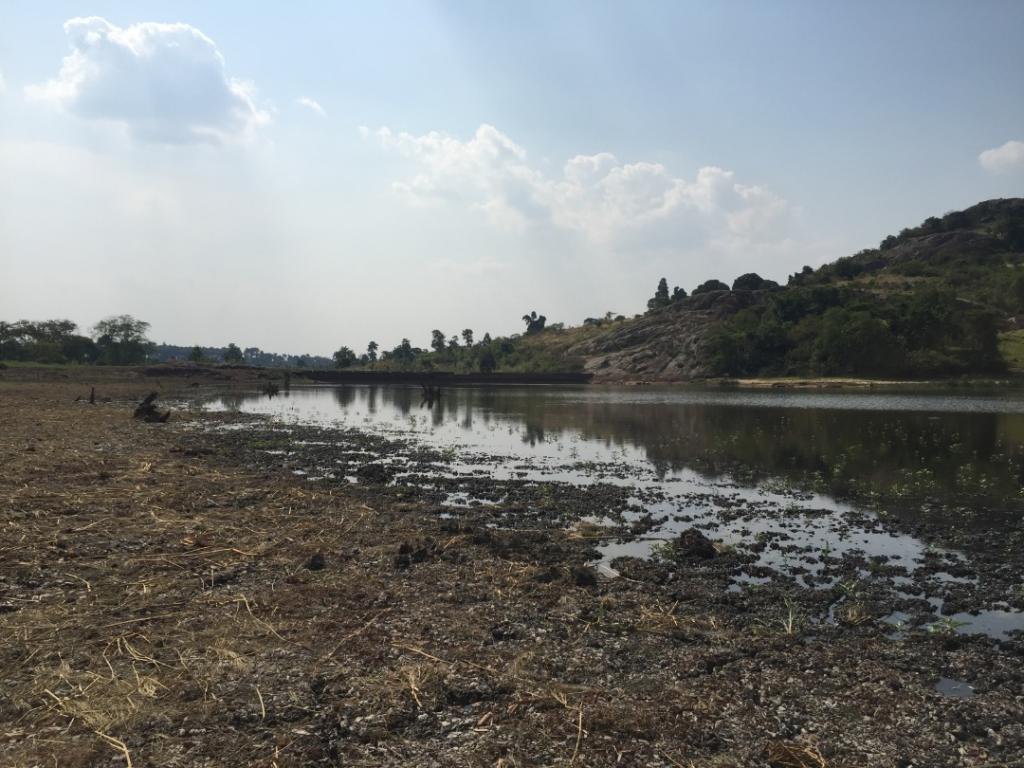
Exclusion of communities in the process of planning, implementation of resilient and sustainable solutions to communal challenges such as climate change, clean and safe water within Mubende has greatly undermined efforts of different stakeholders at all levels. Inclusive community action plan for environmental regeneration through nature-based solutions, sensitization and awareness creation, involves engaging local communities in the planning processes and integrating traditional systems which are the basis for ecosystem resource restoration and building resilience.
The MWE Catchment Management Plans identifies local communities as important active stakeholders of proposed projects processes. However, there’s still low community engagement in nature-based solutions in implementation of water catchment management practices, attributed to low uptake of the restoration practices; yet their perception on uptake of the inclusive practices is not understood. The objective for this research project was to establish the perceptions of communities to uptake and own environmental, ecosystem restoration and water conservation initiatives or projects.
The methodology was based on capacity-building interventions for promoting community engagement and integration of various nature-based solutions. Data collection was through focus group discussions, questionnaires, radio talk shows Q&A’s. Using technological tools like the FlipTown V.2 Platform (an A.I Database) with over 32,875 members from different stakeholders; has helped over 132 smallholder farmers groups and cooperatives to share resources and information. Findings showed that 87 % of the community are not aware of nature-based solutions for ecosystem resource restoration and building resilience; hence not involved in the community projects due to lack of proper awareness and sensitization.
This study concludes, there are prolonged gaps between communities and programs that need to be addressed. We strongly recommend an inclusive community action plan for environmental regeneration through nature-based solutions, sensitization and awareness creation, involving local communities in the planning processes and integrating traditional systems. Let’s invest in communities and people to achieve the UN water-related SDGs.
| Attachment | Size |
|---|---|
| Evidence of Reducing Water Table.docx (3.02 MB) | 3.02 MB |
